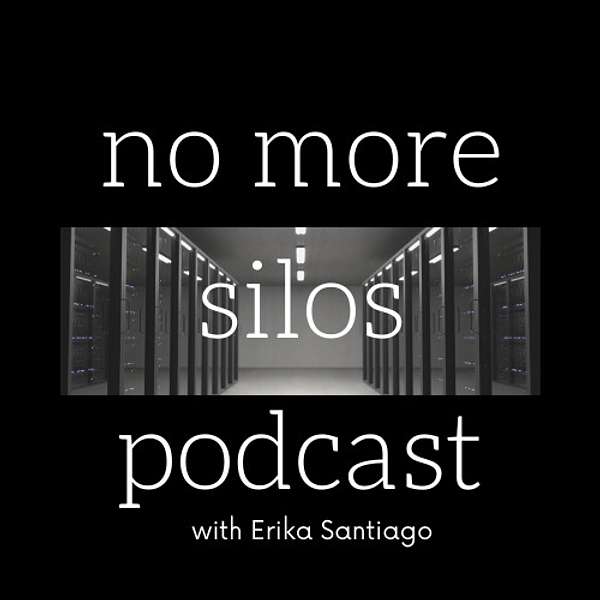
No More Silos with Dr. Erika Santiago
Are you interested in learning about the history of Christianity?The podcast will cover topics like world history, church/ Christian history, American history, African American history, theology and the Bible. It’s a great way to learn more about your faith and how it has evolved over time.You don’t need any prior knowledge or background to enjoy this show. Each episode is designed to be informative but also fun! We want everyone who listens to feel included no matter their background or beliefs. So join us for an entertaining journey through Christian History with No More Silos!Subscribe today!
No More Silos with Dr. Erika Santiago
Colossians and Current Events
Use Left/Right to seek, Home/End to jump to start or end. Hold shift to jump forward or backward.
Why are certain cultural institutions under scrutiny? It’s a strategic move to challenge deeply held cultural identities. Topics like the role of pastors, fathers, social groups, motherhood, and reproductive choices are integral to our sense of self and community.
We explore the importance of a Jesus-centered hermeneutic. How do we interpret what we read in Scripture? Where do our ideas originate? Many assert that “The Bible is clear” or rely on a "plain reading of the text" as if their interpretation is absolute. However, hermeneutics is inherently about interpretation, shaped by personal biases and cultural filters. The term "Christian worldview" often reflects cultural traditions more than biblical truths. It’s crucial to distinguish between a culturally influenced perspective and one rooted in Scripture.
Join us as we navigate these complex topics, encouraging a thoughtful and open-minded approach to understanding our faith and identity. Whether discussing modern ethical dilemmas or ancient creeds, the goal is to foster a deeper, more nuanced engagement with our beliefs and the world around us.
The early church used creeds to summarize and affirm core Christian beliefs. The Nicene Creed, for example, encapsulates the foundational truths of the Christian faith. Reciting and reflecting on such creeds helps believers stay grounded in the true gospel and avoid the pitfalls of false teachings.
Colossians 1:15-20 (NLT):
Christ is the visible image of the invisible God. He existed before anything was created and is supreme over all creation, for through him God created everything in the heavenly realms and on earth. He made the things we can see and the things we can’t see— such as thrones, kingdoms, rulers, and authorities in the unseen world. Everything was created through him and for him. He existed before anything else, and he holds all creation together. Christ is also the head of the church, which is his body. He is the beginning, supreme over all who rise from the dead. So he is first in everything. For God in all his fullness was pleased to live in Christ, and through him God reconciled everything to himself. He made peace with everything in heaven and on earth by means of Christ’s blood on the cross.
This passage emphasizes several key doctrinal points:
- Christ as the Image of God: Christ reveals the invisible God (v. 15).
- Preexistence and Supremacy: Christ existed before creation and is supreme over all creation (v. 15-17).
- Creator and Sustainer: All things were created through Christ and for Him, and He holds everything together (v. 16-17).
- Head of the Church: Christ is the head of the Church, His body (v. 18).
- Resurrection and Preeminence: Christ is the first to rise from the dead, signifying His preeminence (v. 18).
- Fullness of God: The fullness of God dwells in Christ (v. 19).
- Reconciliation: Through Christ’s sacrifice, God reconciled everything to Himself (v. 20).
Order Dr. Erika's new bible studies now availabl
Join our community on Patreon!
Thank you for your support and prayers over the last few years! I'm excited to offer additional resources for subscribers. Resources include book reviews, bible studies, discussions, and bonus podcast episodes.
I am looking forward to interacting with you through this site.
Please share, leave a review, and subscribe to this podcast.
Follow me on Instagram @culturalchristianity or TikTok @drerikasantiago
Thanks for listening!